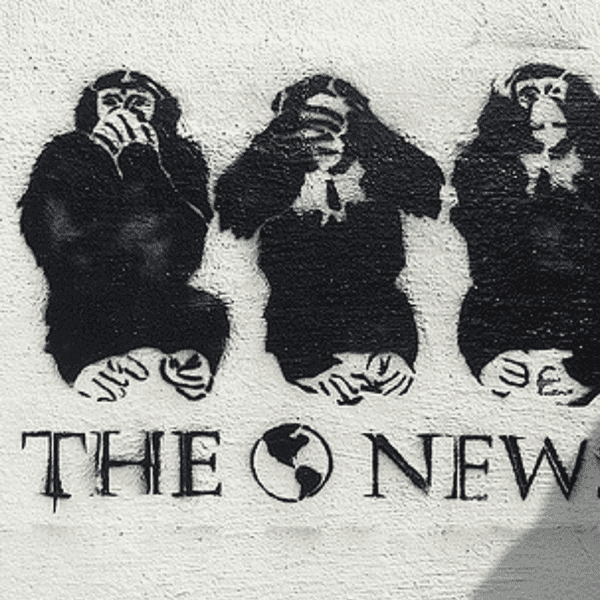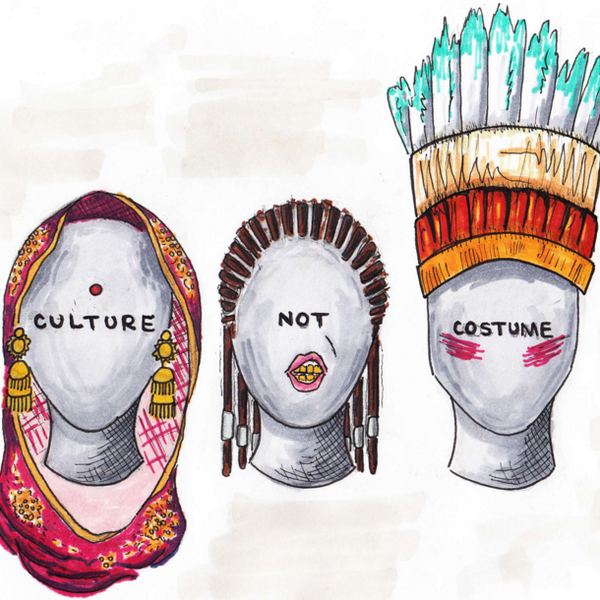How is anyone supposed to make an informed decision using the information you get from today’s media? The big issues are covered on channels that are either left leaning or right leaning, and any programming that falls in the middle is dominated by stories about dolphins at the local aquarium (which are awesome, but not necessarily a pressing issue). Also, if you want to form a well-rounded opinion on an issue, you have to sift through tons of different articles with opinions on all sides and dense theory papers to get a full understanding of the topic. And let’s just be honest, as a college student, the last thing you need is another reading. But there is an alternate strategy that can help you inform your opinions based on accessible bits of information. I want to spend a little time on the idea of assessing agenda. Every purveyor of news, no matter how honorable a professional they are, will have some sort of agenda. The agenda may be a personal agenda, like getting to the next career level or furthering a personal cause, or it could be an institutional agenda, like getting the most viewers for your programs. Agendas will color the facts so that at face value, they may mislead the audience. However, not all of the information is necessarily false. So when assessing the veracity of information, be it from an article, or news show, make sure that you first have considered the motives of the conveyor. Make sure that their information is only a piece of your overall view and that you understand how their delivery is affected by their own motives.
Of course, in order to consider the agenda of the news you’re getting, you first have to get some news. As a student myself, I understand how hard it is to stay informed about the world around me when I’m facing down over 200 pages of academic reading a week. In order to give myself a break from reading but still keep informed, I often turn to blogs and YouTube.
Blogs are great for discovering the issues of our day in short, digestible platforms. They are oftentimes not controlled by big interests and allow you exposure to information in a more grass-roots fashion. Also, they are usually not so academically structured that it seems like another homework assignment when you go to read up on the issues.
To get both sides of an issue quickly, I turn to clips of debates on YouTube. There are many debates held all the time outside of the most commonly known presidential debates on the issues of our day. For example, here is a debate between Jon Stewart and Bill O’Reilly on just general hot topics that commonly arise in the political system:
They are fun to watch and often times either side makes a good point that inspires your own thoughts on the issues at hand. Hearing both sides of an argument at one time also allows you to form your own opinion, taking the points that you like from each argument and privately declaring a winner after you consider them. YouTube also has mini documentaries on individual issues that you can squeeze into your modicum of free time!
However, any way you choose to do it, it is important to stay informed. Just knowing a little about a lot of topics can go a long way in steering you towards good decisions in your day-to-day life!





















